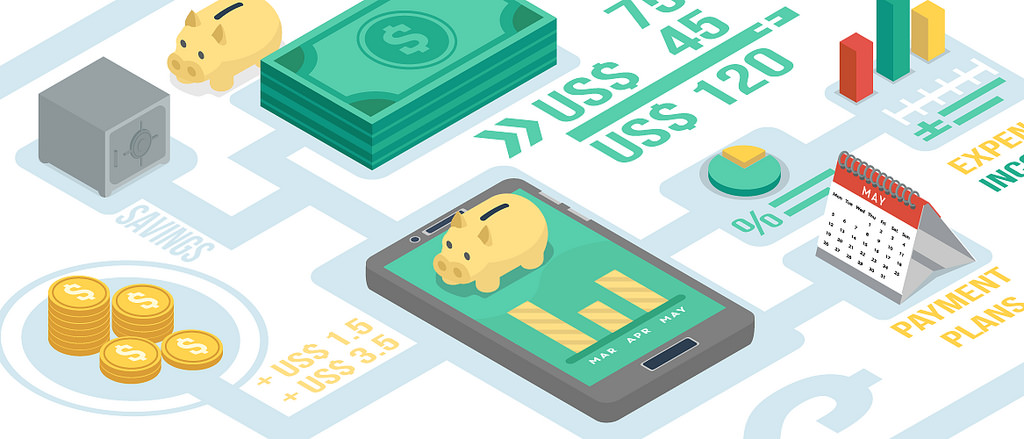Certainly, most people will be outraged if they are referred to as financially illiterate clients. After all, in their eyes, the qualifications and experience, higher education, and other “merits” of a typical citizen already speak about their thorough comprehension and knowledge of how banks and other financial institutions operate, as well as their competent performance of their duties, proper use of credit cards, and other things.
But, as the practice has shown, the majority of the public falls into a variety of unpleasant situations related only to the operations of financial institutions because they are financially illiterate.
And this completely explains why banks have received the most unfavorable customer feedback. By the way, nearly all credit companies have previously gotten unfavorable reviews. Does this imply that they all employ dishonest methods and take advantage of financially illiterate clients?
Signing the contract
It is important to note that the majority of loan contracts completely disclose all pertinent information, including interest rates, loan values, repayment terms, and so on.
Moreover, the people who sign this agreement do not even examine its details. Any knowledgeable attorney would advise you to thoroughly study the contract’s content before signing it, paying particular attention to the footnotes to the text that are written in tiny print.
Credit cards – simple and easy?

No contract is created when a person receives a credit card; he must figure out how to utilize it on his own.
The loan payback date needs to be specified at the bank as a first step. The precise amount is then given because it changes based on how much debt there is and how close the card is to its limit.
Besides, it is critical to make clear which commissions will apply to cash withdrawals, what the card’s membership cost is, and how interest rates are calculated.
Only because of the lack of this knowledge can unpleasant outcomes like late payments, overpaying debt, etc. occur.
Promotion – a lower rate
You should not decide to register for a loan right away if there is a marketing ploy that lowers the interest rate on it not to become a financially illiterate client. You need to get acquainted with its characteristics first.
When the bank anticipates a complete repayment, it is typically suggested that a lower interest rate will be in effect for a specific amount of time. For instance, you made a year-long, 16% interest-charged purchase of products on credit.
The asterisk (*) in this instance is in the same column. The footnote states: for 6 months, followed by 48% annually. Calculating your chances of repaying the loan is not straightforward once you are aware of this marketing strategy.
Why not, if you can pay off the bill within six months? If you are unsure, it is advisable to get by with a loan that is not for this action and has a little higher %.
In the end, the bank only provides some customers with a chance to return the loan more quickly in exchange for a higher monthly payment, rather than attempting to profit from a financially illiterate client.
And the footnote just states that the bank should take precautions to ensure that it does not suffer losses as a result of the reduction in “advertising” interest.
So, discussing the issues with loans is not limited to one hand. Every bank can stand on its own. Furthermore, with increased competition, nobody wants any extra problems.
Any financially reputable company would not disperse its competent, responsible, and solvent clients. Therefore improve your literacy and learn about legal papers and your rights.




Leave a Reply